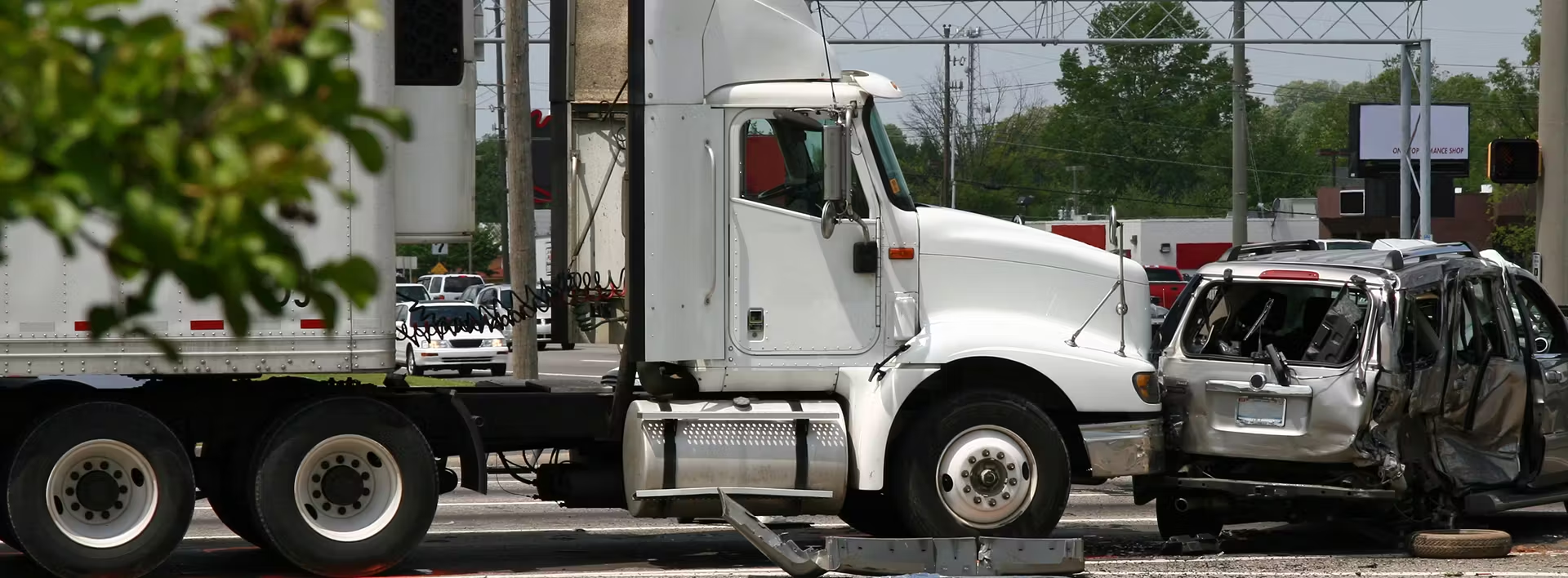Neurotechnology Introduces New MegaMatcher Products Tailored for Law Enforcement Criminal Investigation Needs
Neurotechnology Introduces New MegaMatcher Products Tailored for Law Enforcement Criminal Investigation NeedsNew MegaMatcher products deliver Neurotechnology’s fast, reliable, large-scale biometric recognition technologies for law enforcement agencies. Vilnius, Lithuania – February 7, 2024 – Neurotechnology, a provider of deep learning-based solutions and high-precision biometric identification technologies, today announced the release of two new products: MegaMatcher Criminal Investigation and the MegaMatcher Criminal Identity Registration System (Criminal IDRS). Automated biometric recognition streamlines the identification process in law enforcement, greatly reducing the time and manpower required. Criminal investigations often deal with low quality biometric data that requires manual preparation. The new MegaMatcher products can interconnect with the MegaMatcher Automated Biometric Identification System (ABIS) and work together in a unified system or as individual components to provide tailored solutions for…
Neurotechnology Introduces New MegaMatcher Products Tailored for Law Enforcement Criminal Investigation NeedsNew MegaMatcher products deliver Neurotechnology’s fast, reliable, large-scale biometric recognition technologies for law enforcement agencies.
Vilnius, Lithuania – February 7, 2024 – Neurotechnology, a provider of deep learning-based solutions and high-precision biometric identification technologies, today announced the release of two new products: MegaMatcher Criminal Investigation and the MegaMatcher Criminal Identity Registration System (Criminal IDRS).
Automated biometric recognition streamlines the identification process in law enforcement, greatly reducing the time and manpower required. Criminal investigations often deal with low quality biometric data that requires manual preparation. The new MegaMatcher products can interconnect with the MegaMatcher Automated Biometric Identification System (ABIS) and work together in a unified system or as individual components to provide tailored solutions for law enforcement.
“With the release of these new additions to the MegaMatcher product line, we are expanding our product range with new criminal investigation focused solutions,” said Irmantas Naujikas, Director for Neurotechnology. “Our goal is to design and develop solutions that will provide fast, reliable and customizable biometric functionalities for law enforcement agencies.”
MegaMatcher Criminal Investigation is designed for criminal case management and biometric evidence analysis. It comes with an advanced toolset for examiners to analyze and enhance latent prints prior to identification to improve matching accuracy. The matching results can then be further compared and evaluated to identify unknown suspects.
The new MegaMatcher Criminal Identity Registration System (Criminal IDRS) enables law enforcement officers to collect biographic, biometric and criminal records through live scans or tenprint cards. With its quality assessment functionality, this solution can automatically assess the integrity of collected data, indicate any fingerprint misplacement and gather multiple criminal enrollments into a single database.
With the introduction of these new MegaMatcher solutions, Neurotechnology is in ongoing dialogue with its law enforcement customers and will continue to build additional options that can be combined to address even more specific law enforcement investigation, identification and records management needs.
MegaMatcher Product Line
MegaMatcher-based solutions leverage the company’s industry-leading proprietary biometric recognition algorithms to effectively process vast quantities of biometric data. Neurotechnology’s biometric algorithms have achieved top results in independent technology evaluations, including NIST ELFT, SlapSeg III, MINEX, PFT, FRVT, and IREX.
The comprehensive MegaMatcher product line covers a wide range of biometric solutions, from a multimodal SDK and Automated Biometric Identification System (ABIS) to an established Identity Management System (IDMS), and now these newly introduced criminal investigation products.
Neurotechnology’s MegaMatcher products can be tailored for elections, national identity, border control, law enforcement and other government and enterprise applications.
About Neurotechnology
Neurotechnology is a developer of high-precision algorithms and software based on deep neural networks and other AI-related technologies. The company was launched in 1990 in Vilnius, Lithuania, with the key idea of leveraging neural network capabilities for various applications, such as biometric person identification, computer vision, robotics, and artificial intelligence. The company’s solutions and products have been used in more than 140 countries worldwide and in many national-scale projects for national ID, passports, elections, and border control, including India’s Aadhaar program, general elections in Ghana and Liberia, voter deduplication for the Democratic Republic of the Congo and other projects that collectively process the biometric data of nearly two billion people.




